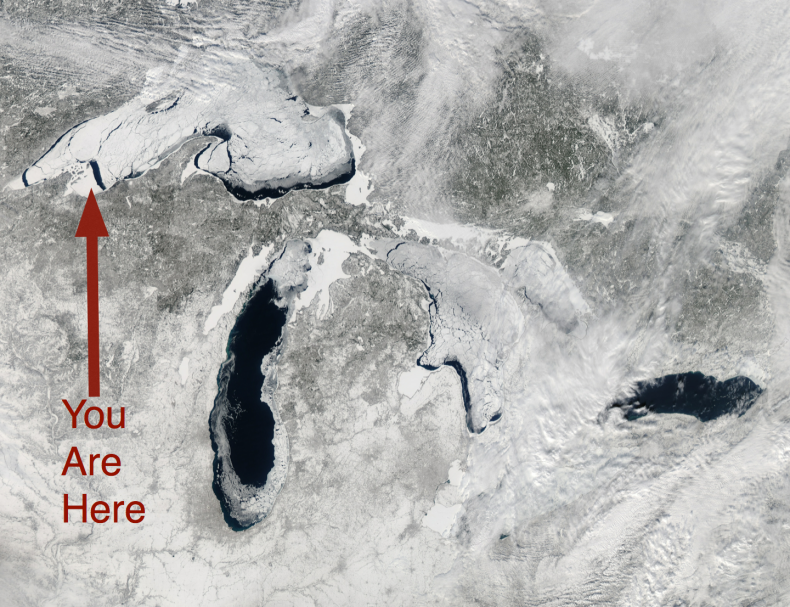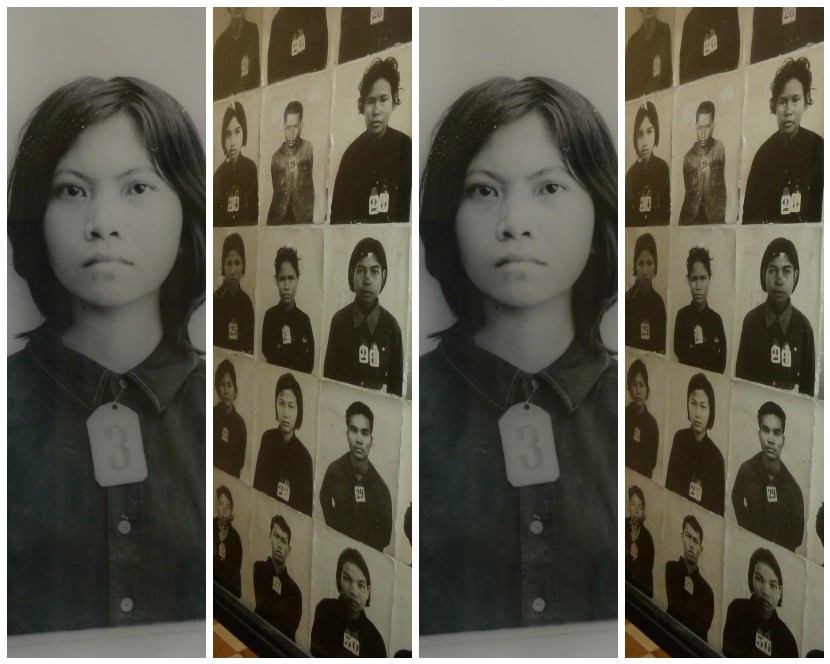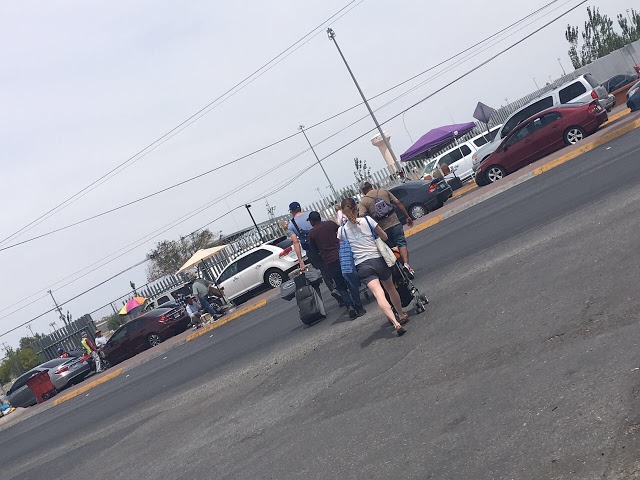This first ran on March 14, 2016. We may run it again another time, maybe even a few more times, maybe a hundred times. It can’t be said too often.
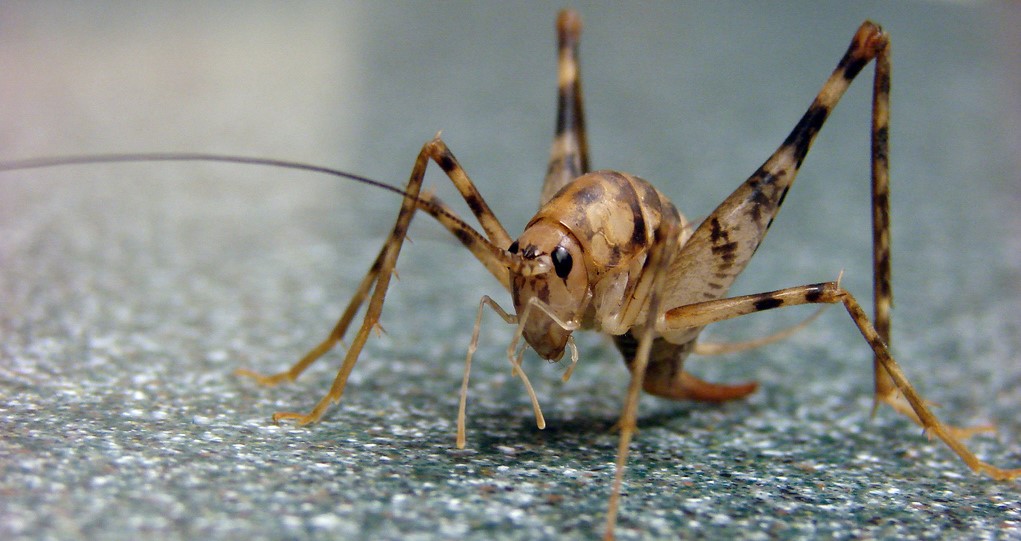 HELEN: I like bugs. I started a Ph.D. in ants (and quit, but still think ants are awesome). I have blogged in this space about butterflies. I think the coming of the 17-year-cicadas is one of the most exciting things that happens in the world. My record is quite clear on this: me and bugs, we have no dispute. But I make an exception for camel crickets. They are horrible. Just horrible.
HELEN: I like bugs. I started a Ph.D. in ants (and quit, but still think ants are awesome). I have blogged in this space about butterflies. I think the coming of the 17-year-cicadas is one of the most exciting things that happens in the world. My record is quite clear on this: me and bugs, we have no dispute. But I make an exception for camel crickets. They are horrible. Just horrible.
ANN: They’re horrible. They’re poop-brown, have way too many legs, and they jump exactly whatever height you are. They jump on your body, you make involuntary noises. They were in my basement, hordes of them. I used to love finding them dead in the bucket of plant fertilizer or drowned in the basement toilet. Wikipedia says they live in damp, dark places and in Japan they’re called toilet crickets. In Baltimore, we call them sprickets. Do they call them that in DC too?
HELEN: I haven’t heard them called sprickets down here in DC, but it’s possible that I just haven’t had enough conversations about them. Which is why I’m so glad we’re doing this.
CASSIE: I never saw a spricket or heard of a spricket until I moved to Baltimore. I rented this awesome apartment on St. Paul Street. The first time I went into the basement to do laundry, there they were. I hated them immediately, but it was months before I realized that they are a real thing with a name that exists places other than my basement. A real species.
It’s their stupid leaping that gets to me. Footsteps make them explode into the air like leggy popcorn kernels in a too-hot pan. But often as not, they would crash into me, not leap away from me. WTF, evolution. Go home. You’re drunk.This might not sound like such a grievous offense, but try walking into a dimly lit cement room where insects are ricocheting off every surface, including your body. It’s the stuff of goddamn nightmares.
JENNY: We’ve always called those basement beasts hunchback crickets, and I would like to drop them one by one into an active volcano. Their collective screams would bring me peace. I’m also a buggy-creature lover, but I draw the line at things that leap on me without my permission. Plus, something about that hunched shape…they look like they’re plotting something evil.
ANN: They’re like Richard III, the one who murdered the little princes in the Tower. They’re like hunched evil popcorn.
Continue reading
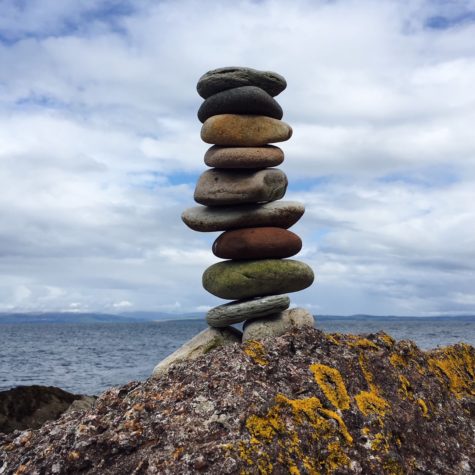 August 20-24, 2018
August 20-24, 2018
